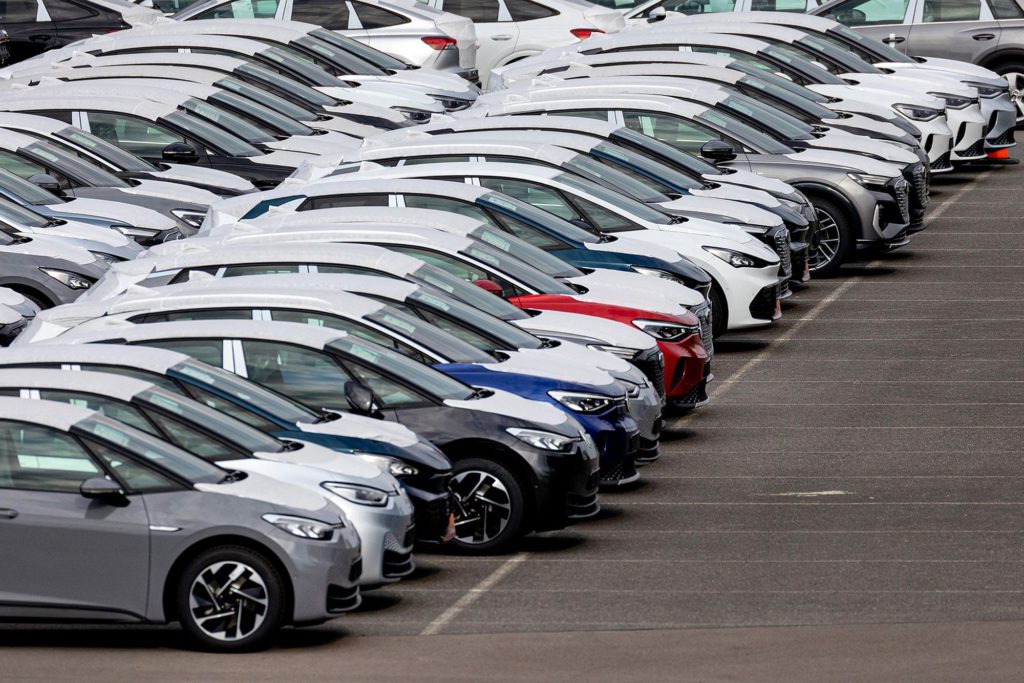(Bloomberg) — Volkswagen AG expects the protracted shortage of semiconductors to ease during the second half of the year and contribute to a surge in output, offsetting months of curtailments.
VW confirmed a projection that deliveries will rise by as much as 10% this year, it said Wednesday, even after production slumped by 12% during the first three months.
Strong prices and demand for high-end premium cars helped to offset lower production, it said.
“Volkswagen’s global set up helped us mitigate many of the adverse effects we are currently seeing,” Chief Executive Officer Herbert Diess said in a statement.
“Even in a more polarized world, Volkswagen is firmly committed to expanding its global footprint.”
The company warned its upbeat forecast hinged on further developments from the war in Ukraine and China’s strict coronavirus policies weighing on the global economy.
The company has managed to navigate the shortages of chips and wire harnesses from suppliers in Ukraine by reallocating resources between its main markets in Europe, China and North and South America, it said.
The shares rose 2.3% in early trading in Frankfurt, paring losses of nearly 14% since the start of the year.
So far, carmakers like Mercedes-Benz AG and BMW AG have come through the supply-chain crisis by raising sticker prices for new and used vehicles to offset the drop in production.
Still, while demand remains strong, record price swings in commodity markets and the ongoing war in Ukraine are clouding the outlook.
While Volkswagen has halted its operations in Russia, it also had to temporarily shut some sites in Europe after suppliers of wire harnesses in Ukraine were unable to deliver components.
VW already announced preliminary first-quarter earnings last month of 8.5 billion euros ($8.9 billion), almost double that of year ago.
The jump was due to a surge in value of the company’s nickel hedging position following an historic short squeeze.
On Wednesday, VW said price increases for its volume brands and customers choosing “well-equipped” premium vehicles had helped to offset a drop in production.
Strong demand in VW’s sport and luxury brand group, in particular for Porsche’s 911, Panamera and Cayenne models, helped boost operating profit to 1.4 billion euros and deliver an operating margin of 18.6%, the company said.
The Porsche brand remains on track for a potential initial public offering this year, it said previously.
Volkswagen provided financial figures for its Cariad software unit for the first time with net sales rising to 110 million euros in the first quarter.
Upfront investment in software stacks contributed to an operating loss.
(Updates with shares in fifth, comment on Porsche returns in 10th paragraph)
More stories like this are available on bloomberg.com
©2022 Bloomberg L.P.











